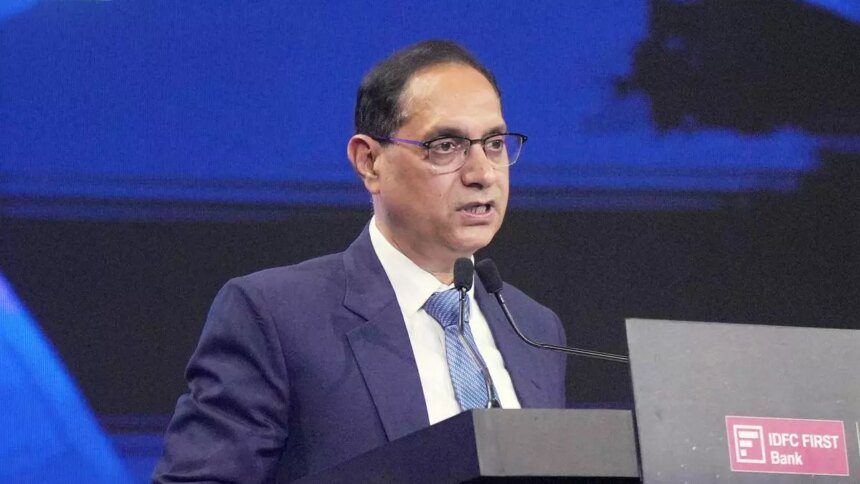The SEBI board, under the leadership of new Chairman Tuhin Kanta Pandey, convened on Monday with a focus on regulatory easing. Among the decisions taken, the board approved doubling the AUM threshold for additional disclosures by FPIs. The new threshold has been set at ₹50,000 crore in AUM in the securities market, up from the previous limit of ₹25,000 crore. SEBI’s whole-time member Anant Narayan noted that the market depth has increased significantly, justifying the adjustment in the threshold. There were no specific concerns regarding non-compliance among FPIs that prompted this decision.
One of the key outcomes of the meeting was the establishment of a high-level committee to review corporate governance standards, particularly focusing on conflicts of interest and disclosures by board members. Chairman Pandey emphasized the need for transparency and trust-building within the organization, highlighting the importance of clear and comprehensive reporting on property investments, liabilities, and other relevant matters.
In a surprising move, the board decided to defer the proposals to amend regulations for merchant bankers, debenture trustees, and custodians, which were initially approved in a previous meeting. Instead, the board intends to explore alternative approaches to enhance regulatory oversight and ease of doing business. Pandey assured that SEBI is open to refining existing regulations to better serve market participants and promote transparency.
Other measures approved by the board include extending the fee collection period for research analysts and investment advisors to one year, allowing Category II alternative investment funds (AIFs) to invest a larger portion of their assets in listed debt securities with credit ratings of ‘A’ or below, and introducing provisions related to public interest directors (PIDs) of Market Infrastructure Institutions (MIIs).
Overall, the SEBI board’s decisions reflect a commitment to enhancing regulatory efficiency, promoting transparency, and addressing evolving market dynamics. The establishment of the high-level committee on corporate governance signifies the regulator’s proactive approach to ensuring regulatory compliance and accountability within the securities market ecosystem.










